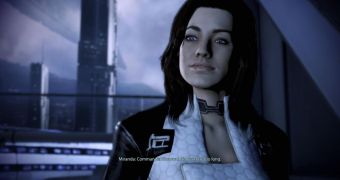I really liked Cerberus in Mass Effect 2 and even felt that the writers at BioWare did a really good job at portraying an internally inconsistent organization that on one hand was actually fighting to push the cause of humanity forward and on the other hand was pursuing activities that could doom Earth forever.
That game was also very careful to show that the entire organization was only progressing because it knew when to hide in the shadows and when to commit its limited resources in the best possible manner, punching way above its weight on the galactic scale.
It was also pretty clear that the Illusive Man, its leader, was the one who had the strategic and tactical thinking required to move all the resources in the best possible ways while also keeping the overall long-term interests of humanity in focus while ignoring short-term losses.
In Mass Effect 3 Cerberus is totally changed and the entire game portrays them as a large, capable war-ready organization that seems able to deploy large amounts of soldiers at a moment’s notice, with little regard to subtlety and stealth.
Sure, the writers at BioWare try to explain some of the changes (some minor spoilers are coming) by talking about their deal with the Reapers and about their newfound human resources, which take little to train and put into the field.
But they are unable to show how Cerberus is able to deploy them all over the galaxy and the ease with which the Illusive Man has reliable and clear information on everything that the other major races knew about the war and various plans to end it.
At the same time, the Illusive Man manages to continue being one of the most important characters in the Mass Effect universe and even sometimes overshadows the Reapers as the main bad guy of the series.
This worked in the second game in the series but feels out of place in the third and final one.

 14 DAY TRIAL //
14 DAY TRIAL //